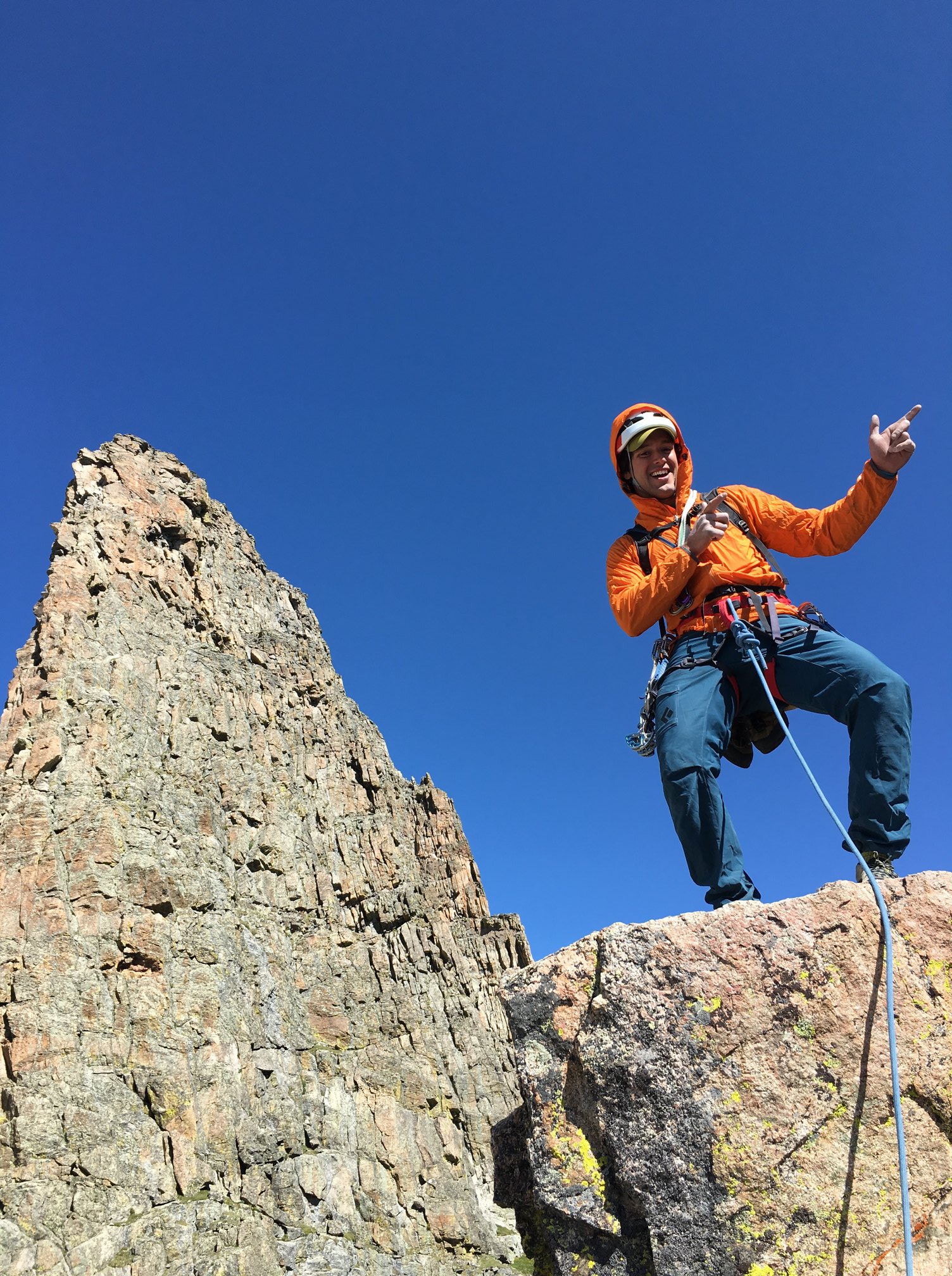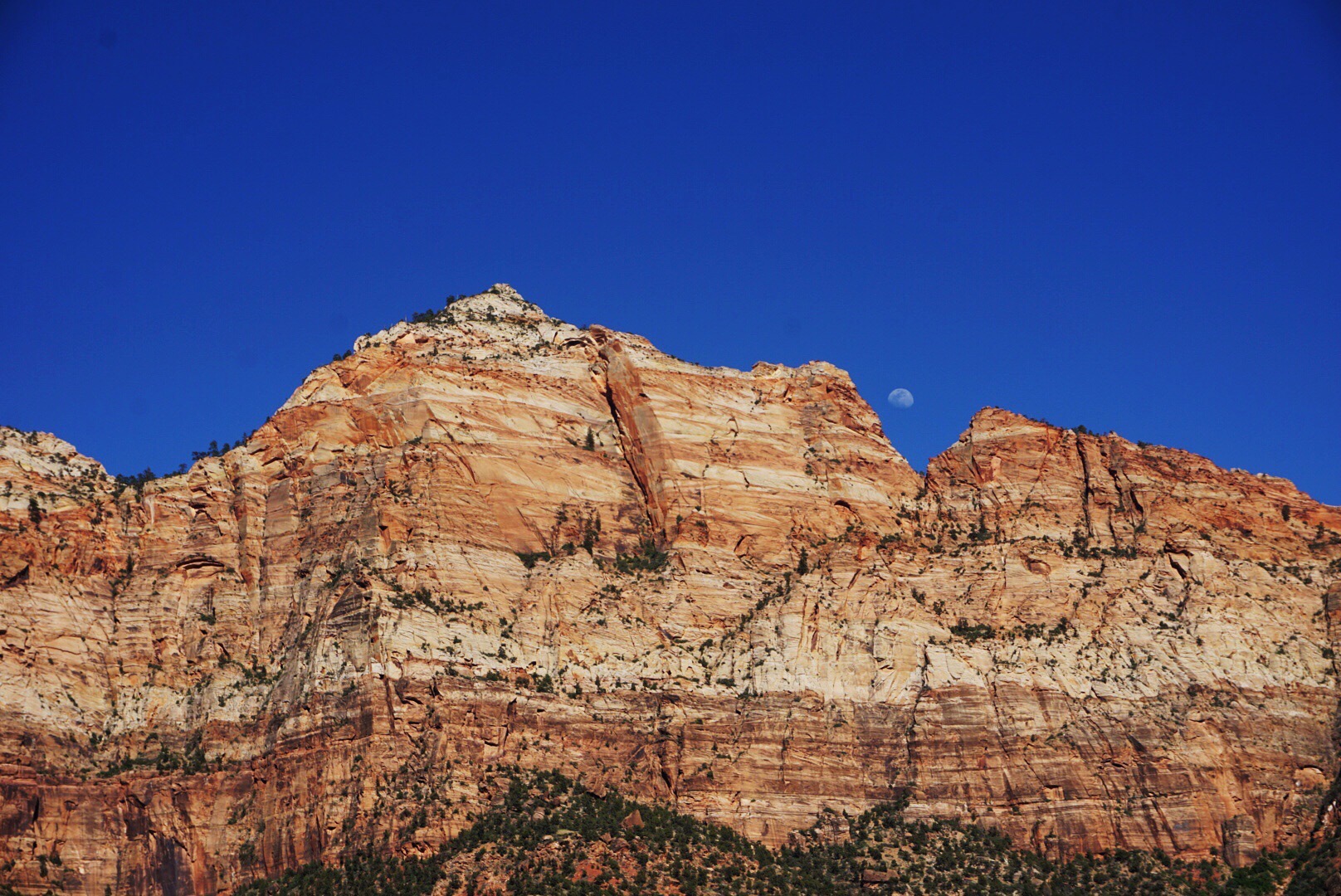During the week of June 11th, the Outdoor Alliance gathered the leaders of its member groups to virtually connect with lawmakers, agency officials, and policymakers in D.C. For over ten years, Outdoor Alliance has regularly convened its coalition members to meet with decision-makers in D.C. and advocate for human-powered outdoor recreation and conservation issues on behalf of recreationists.
When OA’s member groups come together and are unified on the issues that matter most to recreationists, lawmakers listen, and we can better protect the places we love.
Here’s a conversation between AAC CEO Mitsu Iwasaki, and AAC Policy Associate Amelia Howe.
Interview with Mitsu Iwasaki
Amelia: What was the OA Fly-In all about?
Mitsu: Our goal was to build connections with legislators as well as administrative and agency officials, and to ensure public lands and waters are protected for the climbing and human-powered outdoor recreation community.
Amelia: What were the priorities you and your colleagues focused on during your conversations that will benefit the climbing community?
Mitsu: There are several key priorities that we focused on.
We want to strengthen recreation and conservation policies to protect more places and increase equitable and sustainable access to outdoor recreation. In particular, we wanted to repair some of the damage to core conservation tools over the last few years.
An example of a damaged conservation tool is the shortened required public comment period for the National Environmental Policy Act (NEPA). As you already might know, we have a lawsuit with the Council on Environmental Quality (CEQ) to reestablish the public comment component of NEPA. During the week, we also championed the Simplifying Outdoor Access for Recreation Act (SOAR), Colorado Outdoor Recreation Economy Act (CORE), and Protecting America’s Wilderness and Public Lands Act (PAW+). These together will help to expand the protection of public lands and water protection while simplifying the permitting process, which would lead to more equitable access.
Many of us have some understanding of 30x30, which works towards protecting 30% of public lands and waters by 2030. We clarified our support for 30x30 and ensured lawmakers recognize that the outdoor recreation community has a role to play in reaching those goals while also helping rural communities navigate economic changes.
We pushed for the notion that management agencies are severely underfunded and need better funding to fulfill their stewardship responsibilities. During these conversations, we communicated to Park and Forest Services that a few of our member organizations, like Access Fund and IMBA, have the experience and capacity to support infrastructure projects.
Amelia: Are the agencies and government officials familiar with the climbing and outdoor recreation communities?
Mitsu: Yes! Many have deep, personal relationships with outdoor recreation. The agencies and government officials we met with can sympathize with the interests and needs of the outdoor recreation communities.
Amelia: That’s great to hear.
Mitsu: When we look closely at legislation like the CORE act or the Mt Hood NRA, we can see that conservation and outdoor recreation are very much part of the thinking. In my experience, the recreation community’s presence has grown and continues to grow in DC.
Amelia: What are some of the more pressing challenges the climbing community is facing that were discussed during these sessions?
Mitsu: Funding and capacity building, access, and climate are among the most pressing challenges we discussed. For instance, while we knew the Forest Services’ budget has transformed from less than 20% in fire suppression to more than 50% towards fire suppression over the last decade, at least in part due to climate change, we learned that the Forest Service has lost over half of their planning staff over the last handful of years. While they’ve been appropriated more funds, they’ll be prioritizing rebuilding capacity this coming year.
Amelia: Can you speak to the importance of bringing OA partners together for these meetings?
Mitsu: Together, we’re able to unite and coordinate strategies and actions with policy experts from across the human-powered recreation spaces from across the country. This helps us create a larger and more informed presence through our joint policy shop. We’re able to track important issues locally, regionally, and nationally and how they may overlap across our sectors in a way that we simply couldn’t as independent organizations.
Amelia: Stronger in numbers?
Mitsu: Definitely. Through combining our resources, we’re able to maintain a strong presence in DC through incredibly effective individuals like Adam Cramer, OA’s CEO, and his team. I believe together we represent 300,000 members from across the country.
Amelia: What should climbers keep their eyes on during this administration?
Mitsu: I think as climbers, we should be continuously asking ourselves what kind of action we can take to better support the National Park Service, Forest Service, and local governments and land managers.
Amelia: Any specifics on why and which policies?
Mitsu: We know agencies have limited funding, are pulled in many directions by varied interests and there is a continued growing impact and demand. Keeping an eye on SOAR, CORE/PAW+, and 30x30, as well as communicating support to your congresswomen/men and senators is critically important. In addition, becoming or staying active and up to date with policies that help to protect and provide access is critically important for our future as climbers.
Amelia: What was your favorite meeting or personal fly-in highlight?
Mitsu: Meeting Malcolm McGeary from Senator Wyden’s office and learning about what’s been happening in Oregon was my highlight. I just moved to Colorado from Oregon last year, so those issues are close to home for me.
In addition, hearing from Vice President Harris’ office that activating towards 30x30 is among their highest priorities, which was crystallized throughout the week as the Department of the Interior and Department of Agriculture communicated their intent toward 30x30 goals. This gave me a huge amount of optimism towards meeting those very ambitious goals.
Amelia: That’s wonderful!
Mitsu: Right? In my experience, it’s quite rare to hear or experience such unified multi-agency enthusiasm and direction toward a common goal.
Amelia: Last question for you, Mitsu. If you had one tip for climbers who want to contribute to policy and advocacy work what would it be?
Mitsu: There are many ways for climbers to contribute to policy and advocacy work, but one place to start would be to volunteer or support the policy work of both the AAC and your local climbing organization!
Photo: AAC Member Grey Satterfield
The American Alpine Club is thrilled to be a contributing member of the Outdoor Alliance. The Outdoor Alliance consists of Access Fund, American Canoe Association, American Whitewater, IMBA, Winter Wildlands Alliance, The Mountaineers, the American Alpine Club, the Mazamas, Colorado Mountain Club, and Surfrider Foundation–while the groups range from climbers to backcountry skiers to mountain bikers, the members share many common priorities and values.

















.png)






